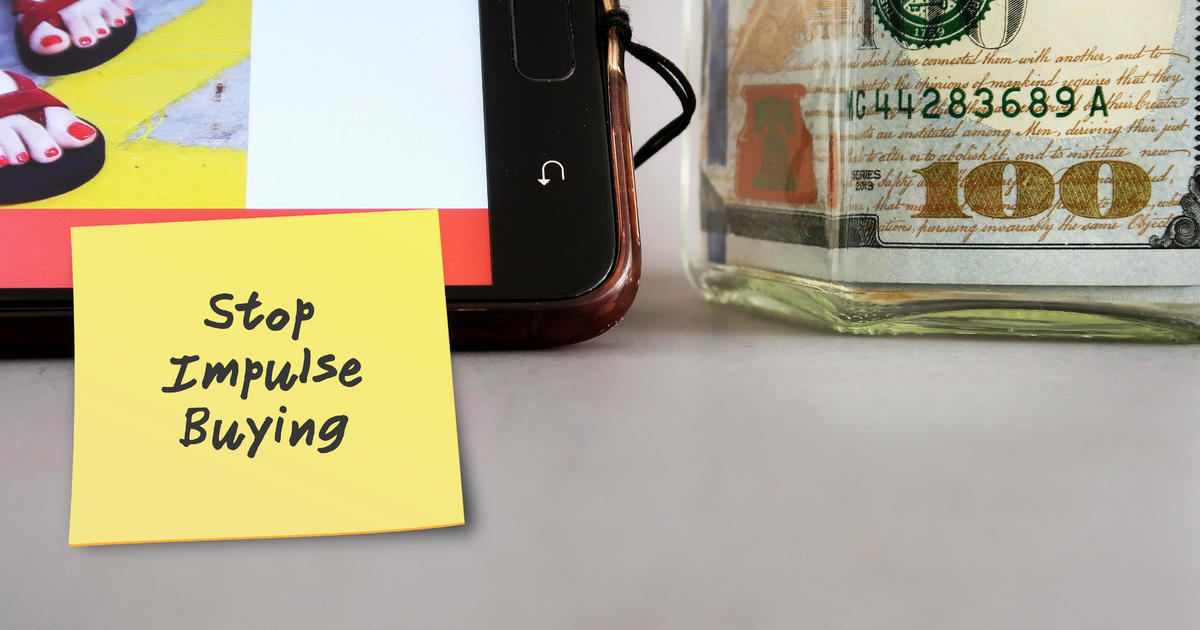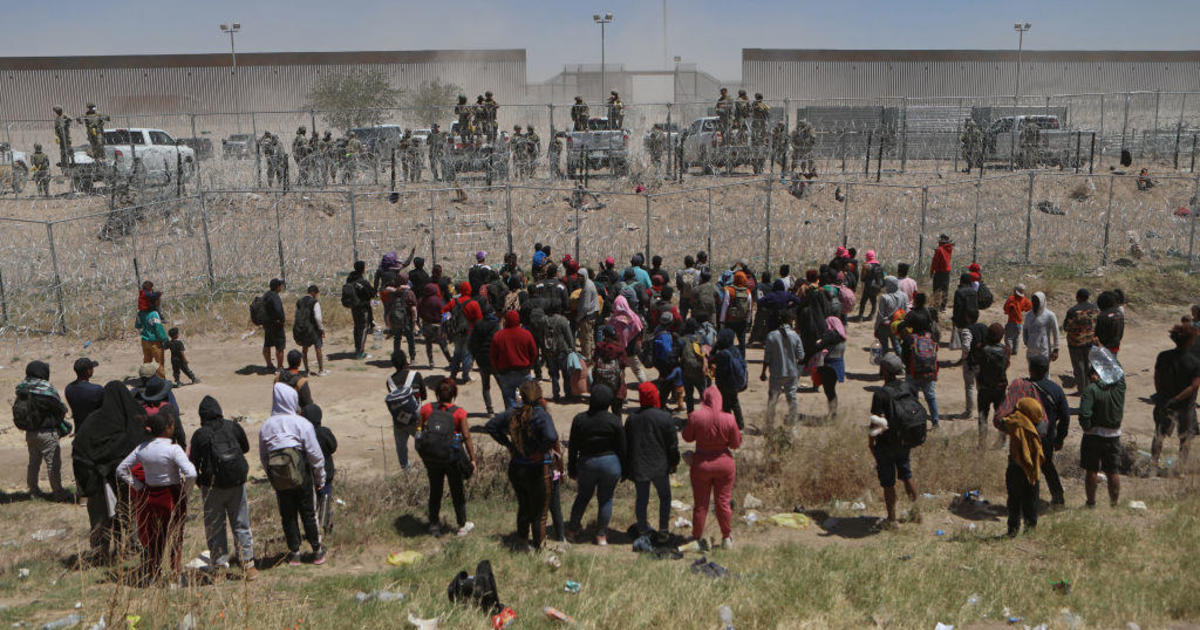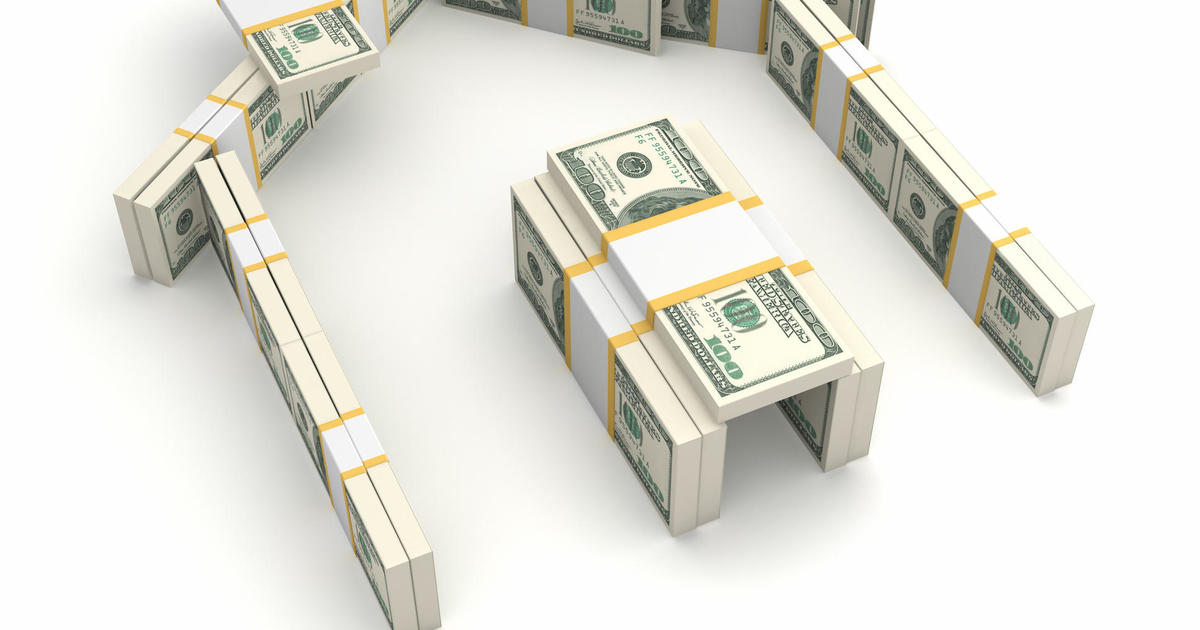As repression grows in Saudi Arabia, so too does investment in sports
Saudi Arabia's massive recent investments in global sport have spurred accusations of sportswashing: the use of games and athletes to launder the image of a country while cloaking repression and authoritarian rule.
There's Cristiano Ronaldo's $200-million-a-season deal to play for a team in Riyadh, a 10-year deal with the WWE, a star-studded tennis tournament, and the purchase of English Premier League soccer team Newcastle United. To critics, these lavish investments are part of an effort to rehabilitate the country's image and burnish its tarnished reputation.
Prince Abdulaziz bin Turki Al Saud, Saudi Arabia's minister of sports, told 60 Minutes correspondent Jon Wertheim he doesn't believe sports can be used this way.
"I don't agree with that, with that term [sportswashing]. Because I think that if you go to different parts of the world, then you bring people together," he said. "Everyone should come, see Saudi Arabia, see it for what it is, and then make your decision. See it for yourself. If you don't like it, fine."
The investment in sports is an essential part of a broader economic plan, Prince Abdulaziz said. Crown Prince Muhammad Bin Salman's "Vision 2030," a $7 trillion plan to diversify the economy beyond oil, while also softening some of the country's most restrictive social conventions and laws.
But it's the actions of the crown prince, known as MBS, that have stained the country's reputation, both accelerating and complicating its foray into sports. A CIA report said MBS approved the 2018 assassination and dismembering of Washington Post columnist Jamal Khashoggi. Under MBS' rule, executions have drastically increased, including a mass beheading of 81 people in one day last March. The mildest criticism of the state, even on Twitter, has been met with detention, torture and long and arbitrary prison sentences.
There have been some social advances in recent years: it's now permitted for women to drive, uncover their hair, hold a passport and travel without a male guardian.
On the country's fields and at gyms and recreation centers, young Saudis —male and female— are embracing sports. Rasha Al Khamis, the country's first female certified boxing coach, attended the much-publicized heavyweight title fight "Clash on the Dunes" in 2019.
"I would never imagine that: me, going to the fight, driving my car and attending the fight in my own country," Al Khamis said. "That's a massive transformation. You can feel that the change is tangible."
But critics and human rights activists maintain that Saudi Arabia is not fit to hold international sporting events.
Activist Lina Al-Hathloul, whose sister Loujaine was arrested and sentenced to prison while leading the Saudi woman-to-drive movement, says Saudi Arabia's investment in sport has coincided with severe political repression. This leaves athletes and fans with a choice to make.
"My message is that, why would you go to Saudi Arabia and stay silent on what is going on on the ground? Why, why won't you speak on behalf of the prisoners who have been muzzled, on all the families that cannot speak?" Al-Hathloul said. "Because when you go to Saudi Arabia, you are part of this covering up machine, whether you want it or not."
The country's biggest swing in sports to date is the $2.5 billion LIV Tour, which has divided golf. Dismissing this rival to the PGA Tour as "an endless pit money," Tiger Woods turned down $800 million from the Saudis to join LIV.
This past December, during the off season for pro tennis, Riyadh hosted an exhibition studded with top 10 stars. Australia's Nick Kyrgios was blunt about the real draw.
"Well, the money is pretty good, I am not going to lie," he said.
Despite deserts of empty seats —and little in the way of television rights, which is usually the lifeblood for sports— the players were paid millions just to show up. Taylor Fritz, a Californian, earned $1 million in prize money for winning the weekend event.
Just last month, soccer's governing body FIFA responded to protests from players and turned down Saudi Tourism's sponsorship offer for this summer's Women's World Cup. These moral dilemmas will only intensify as Saudi Arabia increases its investment in sport.
For Lina Al-Hathloul, the billions splurged on sports have a clear mission.
"I think the Saudi government, the Saudi regime and MBS, he wants people to think of Ronaldo when they think about Saudi and not about Khashoggi," Al-Hathloul said.





